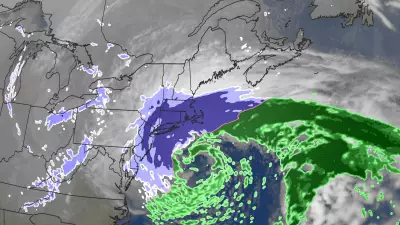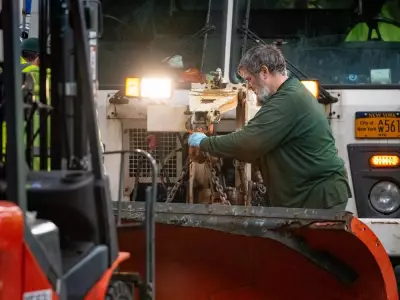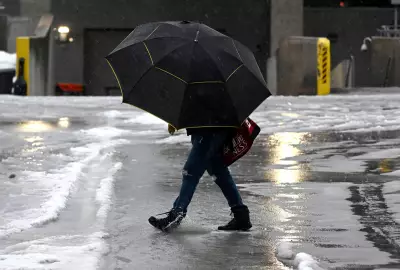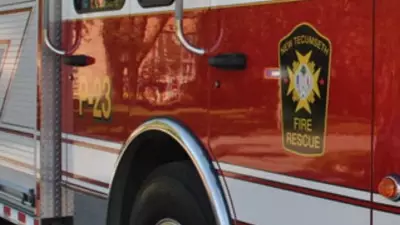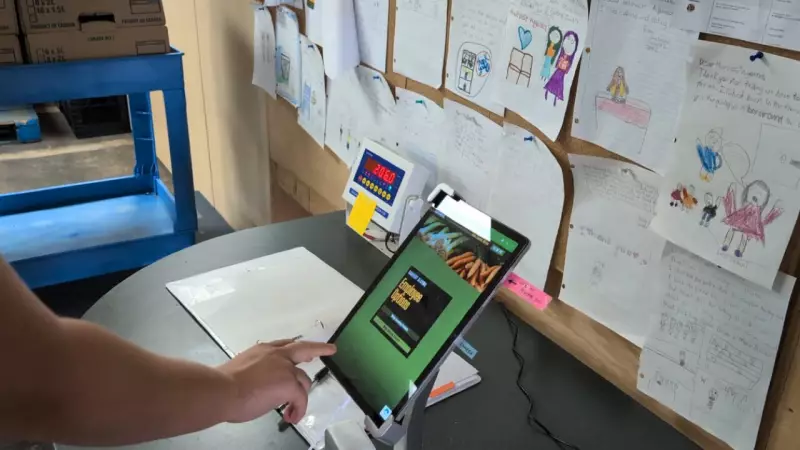
Northern Ontario Innovation Tackles National Food Waste Crisis
A groundbreaking mobile application developed in Sault Ste. Marie is revolutionizing how food banks across Canada manage surplus food distribution while dramatically reducing administrative burdens. The food hub app, which has already tracked approximately 500,000 pounds of rescued food this year alone, represents a significant technological advancement in the fight against food waste.
Transforming Food Bank Operations
The innovative platform is making substantial impacts at organizations like Harvest Algoma, where administrative tasks that previously consumed valuable staff hours are now streamlined through digital automation. By creating an efficient system for monitoring food rescue and redistribution, the app enables food banks to focus more resources on their core mission of feeding communities rather than paperwork.
The nearly half-million pounds of food tracked through the system demonstrates the substantial scale of edible surplus that can be redirected from landfills to households in need. This achievement highlights both the severity of food waste in Canada and the potential for technology-driven solutions to address this pressing environmental and social issue.
National Implications for Food Security
While originating in Northern Ontario, the application's design addresses challenges common to food banks nationwide. The timing coincides with increasing food insecurity across Canadian communities and growing environmental concerns about food waste's contribution to landfill methane emissions.
The success of the Sault Ste. Marie-developed solution offers a replicable model for other regions, suggesting that locally-developed technology can have far-reaching impacts on national issues. As food banks continue facing increased demand amid rising living costs, such innovations become increasingly vital for maintaining efficient operations.
This Northern Ontario innovation demonstrates how Canadian technological creativity can directly address both social welfare and environmental sustainability challenges, creating meaningful change in communities across the country while establishing new standards for food rescue operations.


